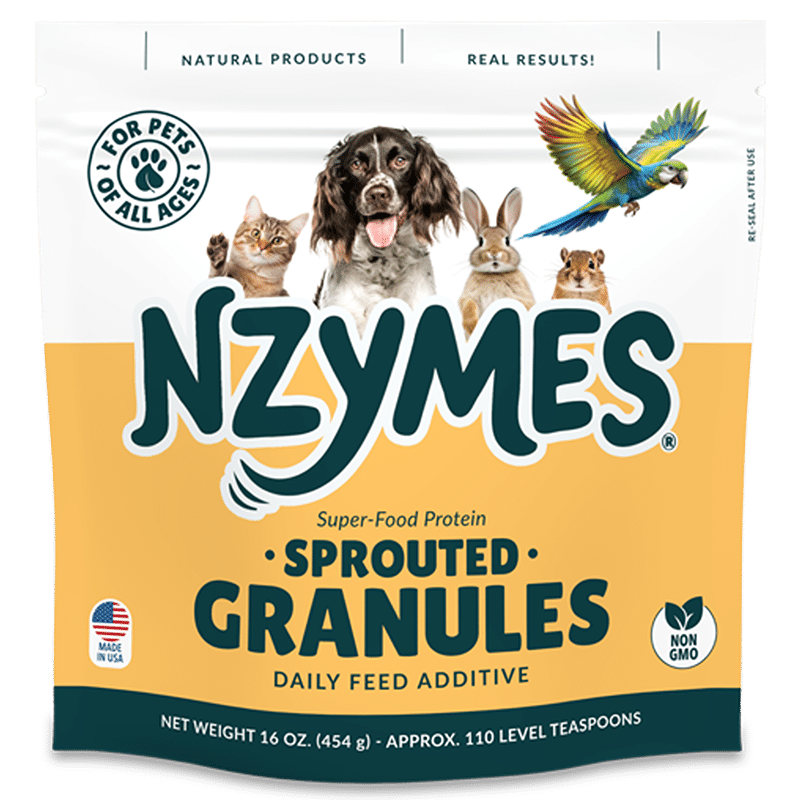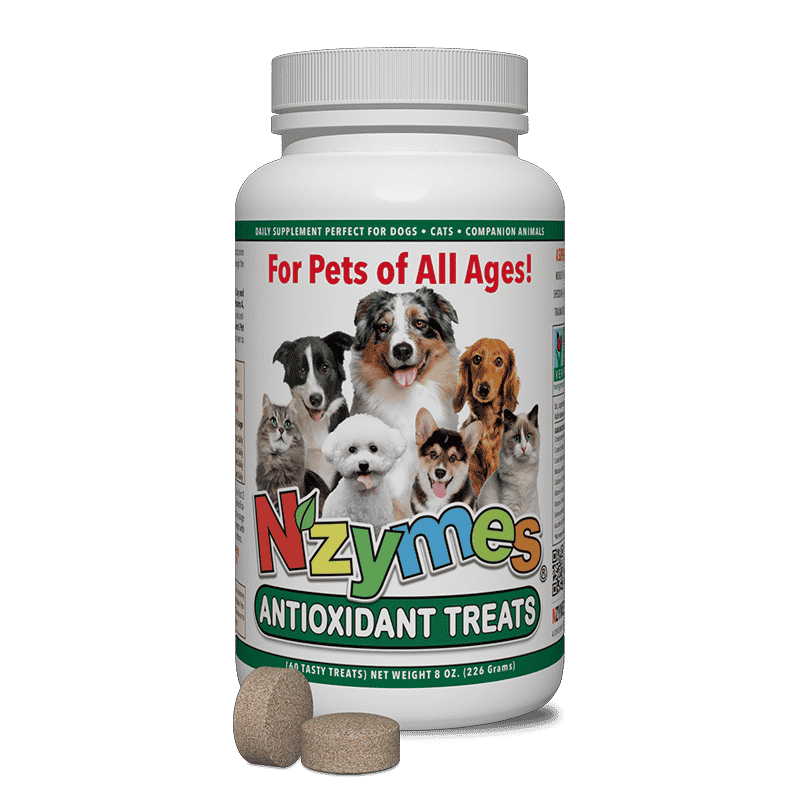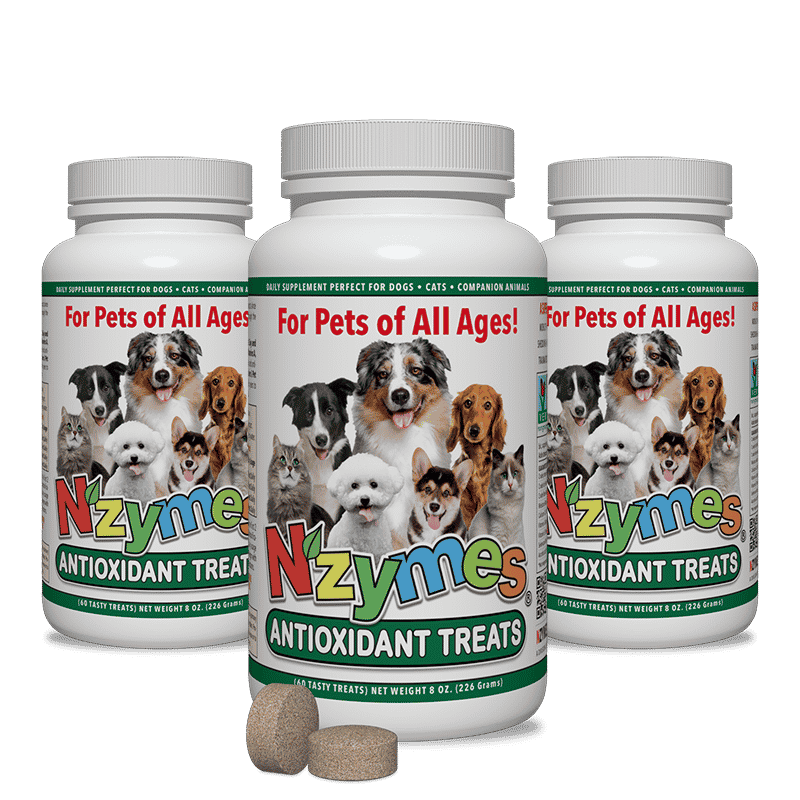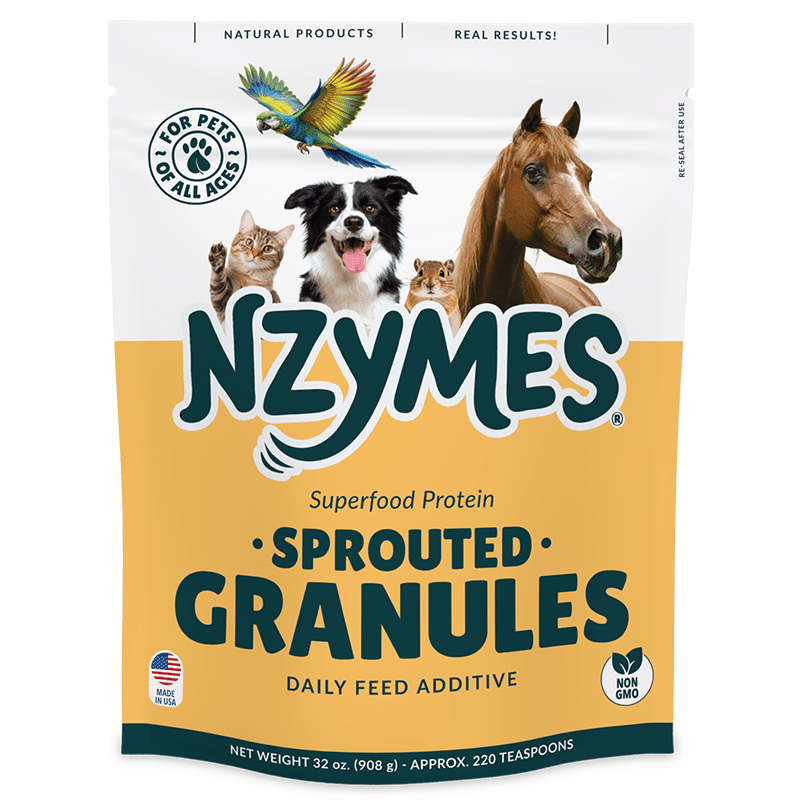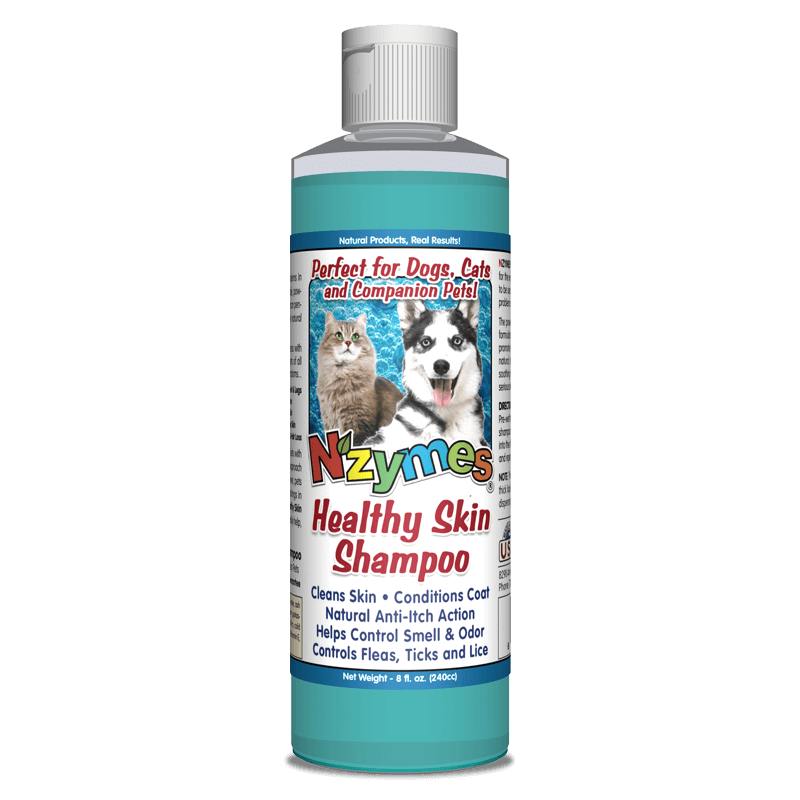Special Alert: MDR1 Gene Mutation
Detailed Reference Information
Breeds Commonly Affected
The MDR1 Gene Mutation is a known quantity among many of the following breeds: Collies, Shetland Sheepdogs (Shelties), Sighthounds, Australian Shepherds, Old English Sheepdogs, German Shepherds, Long-haired Whippets, Silken Windhounds, and a variety of mixed breed dogs.
For those people who own Collies, Shelties, Sighthounds, Aussies, Border Collies, any breeds with Collie background or mixed breeds with any of these dogs in them, it is critical that you know there are certain medications your dogs CAN NOT take.

Knowledge is Power
DO NOT leave it up to your vet to know this. YOU must print this out and know it – it is a matter of life or death. The following information has been published in the past at Nzymes.com, and is being re-published as a public service. Many affected dogs suffer adverse effects from common Heart worm medications, Anti-Diarrheals, and Immune-suppressants.
Here is the link for more drug information: https://vcpl.vetmed.wsu.edu/
Genetic Screening
It is well known that Collies and related breeds can have adverse reactions to drugs such as ivermectin, loperamide (Imodium®), and others. It was previously unknown why some individual dogs were sensitive and others were not. Advances in molecular biology at the Veterinary Clinical Pharmacology Laboratory at Washington State University’s College of Veterinary Medicine have led to the discovery of the cause of multidrug sensitivity in affected dogs. The problem is due to a mutation in the multi-drug resistance gene (MDR1). This gene encodes a protein, P-glycoprotein, that is responsible for pumping many drugs and other toxins out of the brain. Dogs with the mutant gene can not pump some drugs out of the brain as a normal dog would, which may result in abnormal neurologic signs. The result may be an illness requiring an extended hospital stay, or even death.
A test has recently been developed at Washington State University to screen for the presence of the mutant gene. Instead of avoiding drugs such as ivermectin in known susceptible breeds, veterinarians can now determine if a dog is normal, in which case the drug can be administered or abnormal, in which case an alternative treatment can be given.
Owners and breeders can submit samples for testing. All that is needed for the test is a cheek brush sample that can be obtained by the owner and sent by mail for analysis.
Breeds and Incidence
Approximately 3 of every 4 Collies in the United States have the mutant MDR1 gene. The frequency is about the same in France and Australia, so it is likely that most Collies worldwide have the mutation. The MDR1 gene mutation has also been found in Shetland Sheepdogs (Shelties). Australian Shepherds, Old English Sheepdogs, German Shepherds, Long-haired Whippets, Silken Windhounds, and a variety of mixed breed dogs.
The only way to know if an individual dog has the MDR1 gene mutation is to have the dog tested. As more dogs are tested, more breeds will probably be added to the list of affected breeds.
Read this article from MSNBC News.
Collie bloodlines turn up surprising relatives: https://www.nbcnews.com/id/5518665
Problem Drugs
There are many different types of drugs that have been reported to cause problems in Collies, ranging from over-the-counter antidiarrheal agents like Imodium® to antiparasitic and chemotherapy agents. It is likely this list will grow to include more drugs as our research progresses.
Drugs that have been documented, or are strongly suspected to cause problems in dogs with the MDR1 mutation:
* Ivermectin (antiparasitic agent)
* Loperamide (Imodium®; over-the-counter antidiarrheal agent)
* Doxorubicin (anticancer agent)
* Vincristine (anticancer agent)
* Vinblastine (anticancer agent)
* Cyclosporin (immunosuppressive agent)
* Digoxin (heart drug)
* Acepromazine (tranquilizer)
* Butorphanol (pain control)
‘Potential’ Problem Drugs
The following drugs may potentially cause problems when given to dogs that have the mutation. Biochemical studies have shown that this gene has the potential to act on over 50 different drugs.
* Ondansetron
* Domperidone
* Paclitaxel
* Mitoxantrone
* Etoposide
* Rifampicin
* Quinidine
* Morphine
Recommendations
For any dog suffering the adverse effect of a medication or topical preparation, we highly recommend the use of EITHER our Antioxidant Treats for Pets OR more economical Sprouted Granules. The Antioxidant activity supports the natural removal of toxins built up in the cells. We also recommend doubling the recommended daily usage of these items any time a dog is due for vaccines, is facing surgery or is taking medication. These items are whole-food items, and will NOT interfere or interact with medications. For more, see our page HERE

